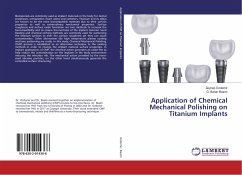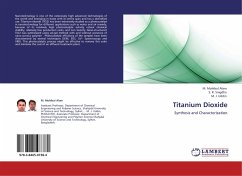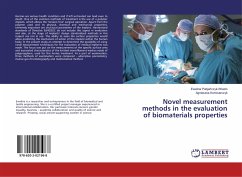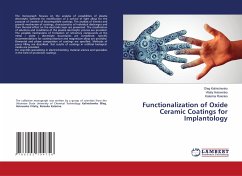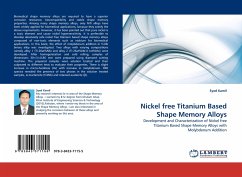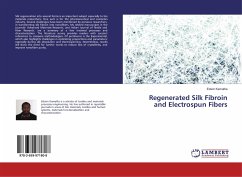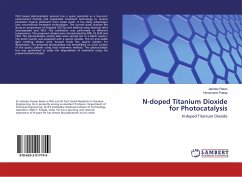Biomaterials are commonly used as implant materials in the body for dental prostheses, orthopedics, heart valves and catheters. Titanium and its alloys are known to be the most biocompatible materials due to their surface properties as well as extraordinary mechanical properties. Surface roughness and surface oxide formation are two methods to increase the biocompatibility and to ensure bio-inertness of the implant material. Sand blasting and chemical etching methods are commonly used for patterning the titanium surfaces to alter the surface roughness yet they can cause contamination. Other alternatives like high temperature plasma coating and laser patterning are costly. In this study, Chemical Mechanical Polishing (CMP) process is established as an alternative technique to the existing methods in order to change the implant material surface properties. In implant applications of CMP, the chemical action generates an oxide film to help reduce the contamination on the implants inthe body environment reducing the infection risk. The mechanical action provided by the nano-sized abrasive particles, on the other hand simultaneously generate the controlled surface structuring.
Bitte wählen Sie Ihr Anliegen aus.
Rechnungen
Retourenschein anfordern
Bestellstatus
Storno

